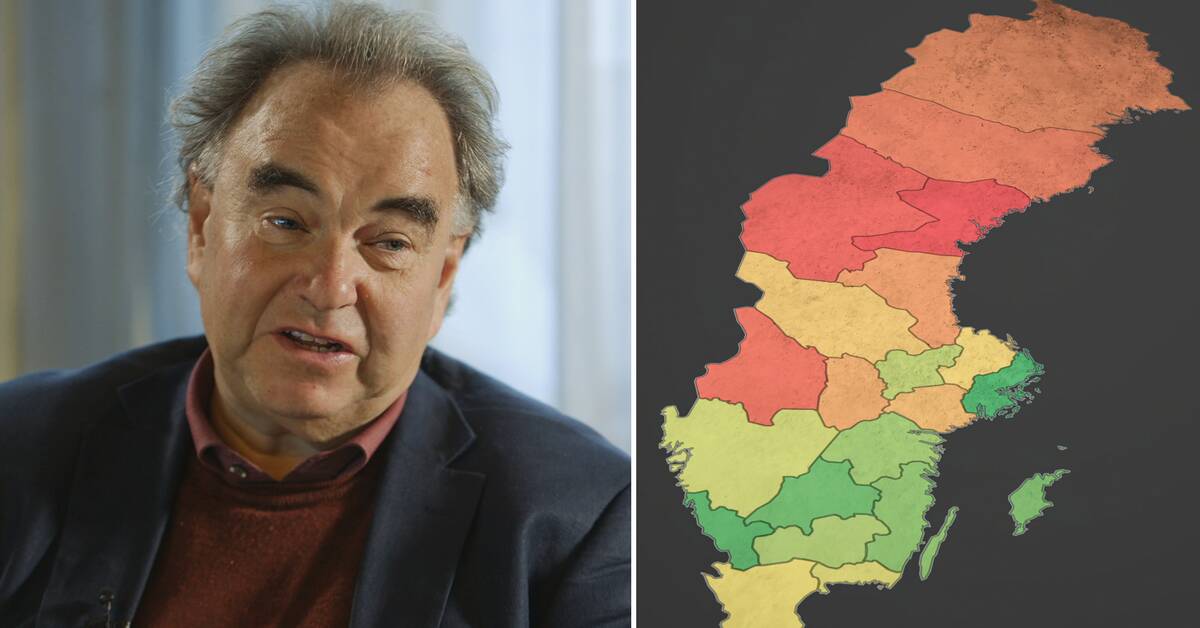The Health Care Act states that "the goal of health care is good health and care on equal terms for the entire population."
But the fact is that none of Sweden's 21 regions is able to live up to the requirements for accessibility set by law - and the differences between the regions are large.
It should concern those politicians who believe in equal care for the entire population.
But perhaps above all the inhabitants who live in the northern half of the country.
Healthcare A and B teams
Swedish healthcare has had problems with queues and waiting times for many years.
In 2010, the Riksdag decided to legislate on the care guarantee, which determines exactly how long Swedes will have to wait the longest for care - regardless of where in the country you live.
Assignment review and SVT's local newsrooms have compiled statistics from the period 2016–2020 linked to seven different quality measures that measure how long residents have to wait for care.
This includes how long it takes to see a doctor in primary care or how long you have to wait for an operation (read more in the fact box).
All measurements used in the care guarantee are included in the compilation.
A picture emerges of a health care A- and B-team where the differences between the regions are large.
Here you can find out exactly how your region is located.
Green and yellow regions are closest to meeting the care guarantee's requirements for accessibility.
Regions that are orange and red make it worse.
Photo: SVT
The winners are the inhabitants of the Kalmar region, Gotland, Jönköping, Halland and in the first place the Stockholm region.
There, the queues and waiting times are the shortest.
Norrland patients losers
The losers are the patients in Norrbotten, Västerbotten, Värmland, Jämtland-Härjedalen and lastly Västernorrland.
For five years, almost every third patient in the Västernorrland region has had to wait longer than the law says.
It is possible to compare with the best regions where almost every tenth has had to wait too long.
- I think it's about staffing, difficulties in staffing.
It is a tough situation that means we need to hire staff.
A financially tough situation for a long time, which means that the space for extra investments is limited, says Glen Nordlund (S), chairman of the Västernorrland regional board.

